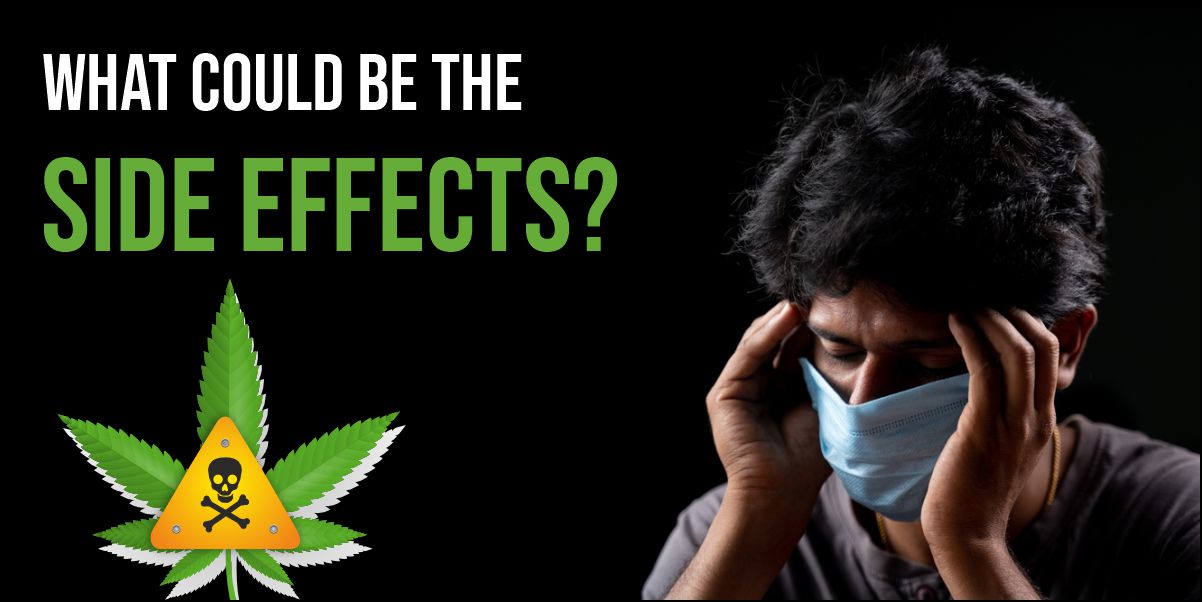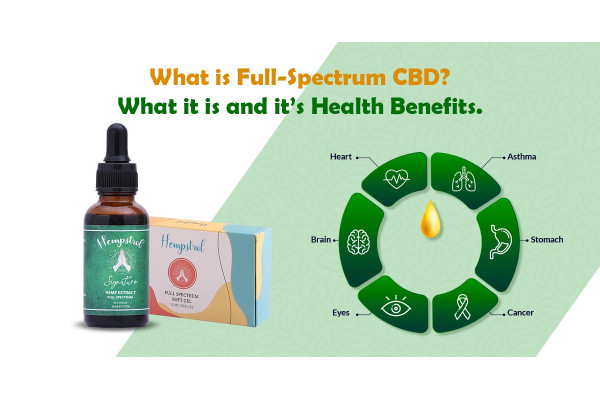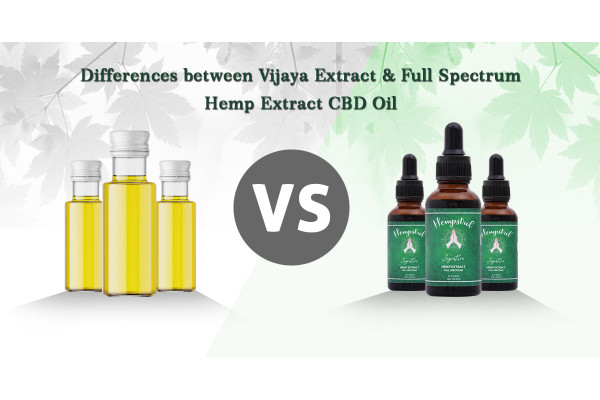Treating Diseases With CBD Oil- Benefits You Must Know!
CBD is everywhere. It is being advertised by so many people from celebrities to influencers about the load of health benefits one can see. Whether you have pain or anxiety, you could easily find CBD meant for you.
But first, what exactly is CBD? Cannabidiol is a nonpsychoactive chemical found in cannabis and hemp plants, which are two separate species of the same plant. Cannabis plants are frequently grown to produce tetrahydrocannabinol (THC), the component of marijuana responsible for the "high" feeling. If you are planning to cbd oil buy anytime soon, we advise you to first read what medical conditions that can treat.

But can CBD really cure everything?
While headlines may lead you to believe that CBD — available in oils, edibles, tinctures, pills, and more — is a cure-all, scientific research suggests it can only treat a few ailments, according to a World Health Organization report published in 2018. Here's what a few recent scientific studies have discovered about CBD's medical benefits:
Pain: According to a study published in Current Neuropharmacology, when CBD reaches a class of receptors or cells that receive impulses, called vanilloid receptors, the interaction results in low inflammation and pain perception. In addition, a study published in the European Journal of Pain in July 2016 discovered that CBD could help those with arthritis control their pain.
Depression and anxiety: Hundreds of research have been conducted to understand how cannabidiol could be utilized to treat various neuropsychiatric illnesses. Preclinical evidence strongly supports CBD as a treatment for anxiety disorders including PTSD, generalized anxiety disorders, obsessive-compulsive disorder, and seasonal affective disorder.
Epilepsy: Anecdotal stories regarding CBD's usage as an epilepsy treatment have been around for decades, and a small number of thorough scientific studies appear to back up these assertions. One study, published in the New England Journal of Medicine in May 2018, found that CBD was beneficial in reducing the number of seizures in people with Lennox-Gastaut syndrome (LGS). In addition, the FDA approved an oral CBD formulation for LGS and another type of epilepsy known as Dravet syndrome in 2018.
Symptoms associated with cancer therapy: CBD has received attention for its potential in decreasing nausea and vomiting associated with chemotherapy and radiation treatments. According to the American Cancer Society, researchers have revealed CBD may delay the growth of cancer cells.
Acne and other skin problems: A study published in the Journal of Clinical Investigation in July 2014 revealed that topical CBD can be a powerful anti-acne agent, most likely due to its anti-inflammatory characteristics. In addition, research published in the Journal of the American Academy of Dermatology in July 2017 indicated CBD (and THC) to be effective in lowering the itch and inflammation associated with eczema and psoriasis.
High blood pressure: Researchers in England tested the effects of CBD on a small sample of healthy males aged 19 to 29 — all nonsmokers who had never used cannabis — and discovered that a single dose of CBD reduced resting blood pressure by 6 millimetres of mercury (mmHg), which may reduce the risk of stroke in the long run. It could be due to the fact that CBD has anxiolytic (anxiety-reducing) and analgesic (pain-relieving) properties.
Addiction: As ironic as it may sound, CBD has shown a lot of promise in fighting addiction to everything from opioids and cocaine to alcohol and tobacco. Furthermore, a number of preclinical studies, including one published in June 2017 in Cannabis and Cannabinoid Research, suggest that CBD could be used as a pain reliever instead of opioids.
Diabetes: A number of studies, including one published in the American Journal of Pathology in February 2012, have suggested that CBD may play a role in improving diabetes results. Observational studies have shown that medical cannabis has lower fasting insulin levels and insulin resistance measurements.
Neuroprotective characteristics may exist: CBD may be beneficial to those suffering from neurological problems. CBD and THC may assist people with multiple sclerosis (MS) relieve pain and muscle spasms. According to a 2017 study, CBD oil reduces seizure activity in children with Dravet syndrome, although it also produced some side effects. One CBD medication, Epidiolex, has been licensed by the Food and Drug Administration (FDA) for the treatment of numerous epilepsy disorders and seizures induced by tuberous sclerosis complex. There is also some evidence that CBD may be beneficial in treating the symptoms of various neurological diseases, such as:
Parkinson's disease is a neurological disorder.
Huntington's disease is a neurological disorder.
ASD (autism spectrum disorder)
Cerebral palsy is one example of motor dysfunction.

What Could Be the Side Effects?
If you have any of the symptoms or diseases on this list and want to test if CBD will help, you should be aware of the adverse effects that some people encounter while using CBD products before you do cbd oil buy. Dizziness, dry mouth, mood changes, gastrointestinal difficulties (including nausea), and exhaustion are the most common. It is important to consult with your doctor or other healthcare practitioner before using CBD-containing products.
So we are saying,
If you decide to buy cbd oil online India, be sure you understand where they come from, how they're made, and how they're supposed to be used. The next challenge is to find a brand with accurate labelling. Do you know according to a study published in the Journal of the American Medical Association in November 2017, many CBD products do not contain the quantity of CBD that their labels promise? So how do you find the credible product in India? Hempstrol is one such brand that can help you in this by providing medical consultation to their customers. They will take into consideration your health, any existing medications you are taking, any allergies, etc. before recommending you a dosage.













-600x450.jpg)




